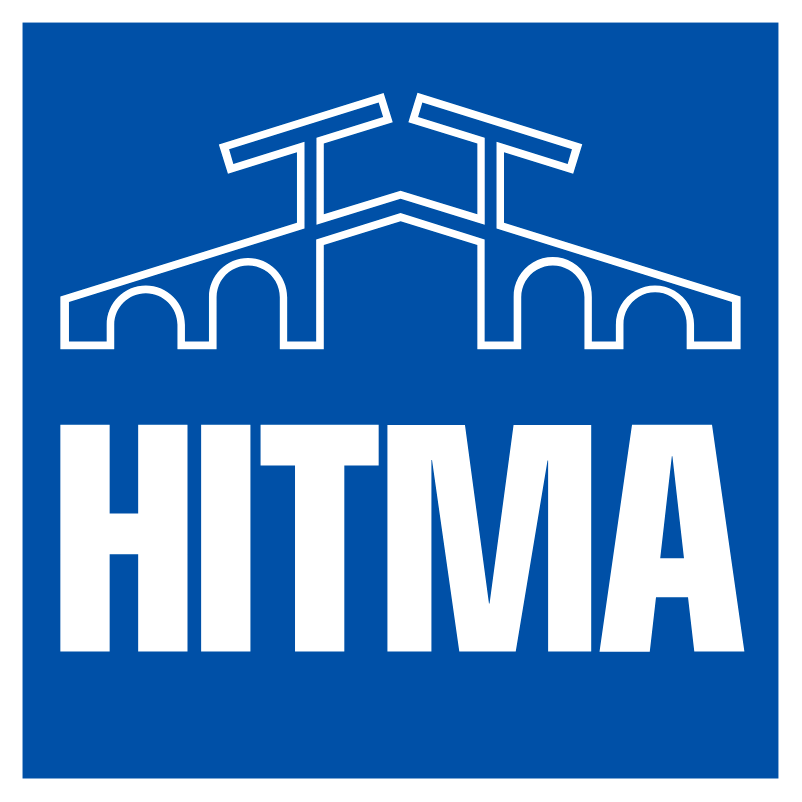

The start of the new year is the perfect time to look back on the trends of last year in the biopharmaceutical industry and look ahead at which trends are here to stay in 2025.
Cell and gene therapy
Over the past years I have seen more and more cell and gene therapies being used. This allows development of treatments for specific (groups of) patients that are more effective and have fewer side effects. Cell and gene is particularly used in oncology and immunology, since there are large subgroups of patients there who benefit from a specifically tailored drug. This can be for both prevention and treatment. At Hitma, we regularly work with cell and gene therapy processes, which allows us to advise the right solutions and materials for each process.
However, cell and gene therapies are cost intensive, because they require large investments in research and development (R&D). Therapies only come onto the market after long test phases, with many potential candidates dropping out along the way due to disappointing results. This makes R&D an expensive process, although necessary to move forward.
Artificial intelligence
Another trend that is gaining traction is artificial intelligence (AI). AI-tools have a large computing power and can therefore perform simulations faster and/or more extensively. For example, they can be used within the production of treatments to select good candidates so that only the most promising ones enter the clinical trial process. They can also predict interactions between molecules so that side effects can be detected and prevented early on. All of this can improve and accelerate the R&D process, thus contributing to cost reduction. In addition, AI can also be used for the development of other precision medicine. Large datasets with many patients can be searched relatively quickly for a common characteristic in specific groups that a potential drug can target. This way, points of attack for treatments against rare diseases can also be better detected.
Regulation
Due to this shift towards more innovative therapies, the regulations will slowly adapt to this. The American and European regulators FDA and EMA are already striving to better align their regulations with the rapid technological changes that are taking place. There is still a lot of uncertainty due to all the changes in the geopolitical situation in the world and the associated possible adjustments in regulations. This has made strengthening the supply chain a lot more important. Shortages or blockages of materials can have major consequences for production and should therefore be prevented as much as possible. More distribution of production across various countries or even continents and flexibility in production chains is essential to absorb this volatility. We can advise you on setting up a good supply chain because of our various suppliers and products.
Sustainability
This flexibility will also be necessary because more regulations can be expected in the area of sustainability. Both the government and society as well as companies themselves (or their shareholders) want to become less polluting. There is still a lot to be gained here by paying more attention to the sustainable production of materials and reducing the waste that is produced in the process. As described earlier, AI can also contribute to this by better predicting candidates for active ingredients that will eventually enter clinical trials, reducing the overall amount of trials needed.
In addition, the severe consequences of climate change can affect the availability and supply of materials. Focus on sustainability is therefore not only a necessary investment imposed from above, but also a path to more robust and cost-saving business operations in the long term.
At Hitma we try to act consciously by, for example, working with counters made of recycled cardboard at trade fairs. Furthermore, single-use products can be a more sustainable alternative to stainless steel for certain processes. In addition, we have set up the Hitma circular program with a return and recycling service for unused components. Interested in this or in our other solutions? Feel free to contact us!